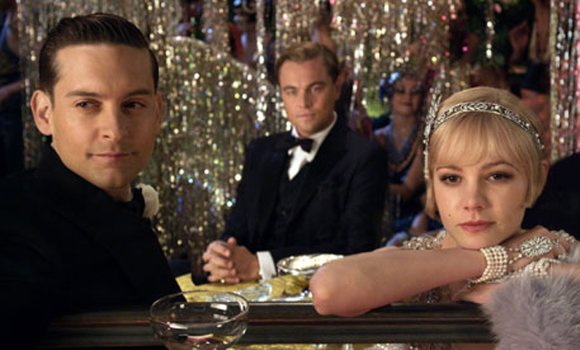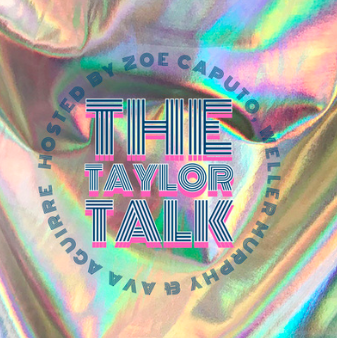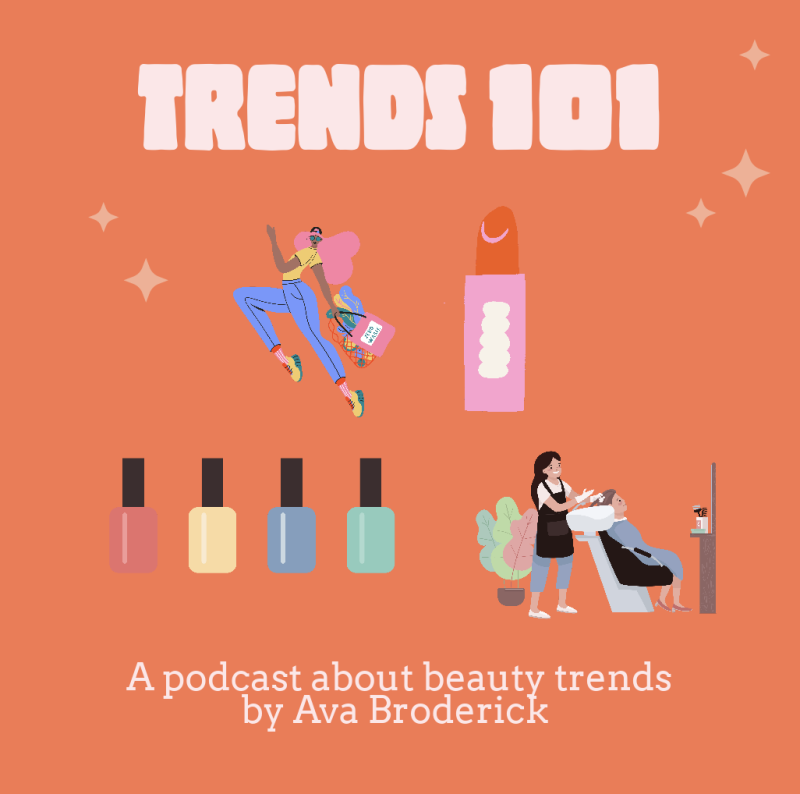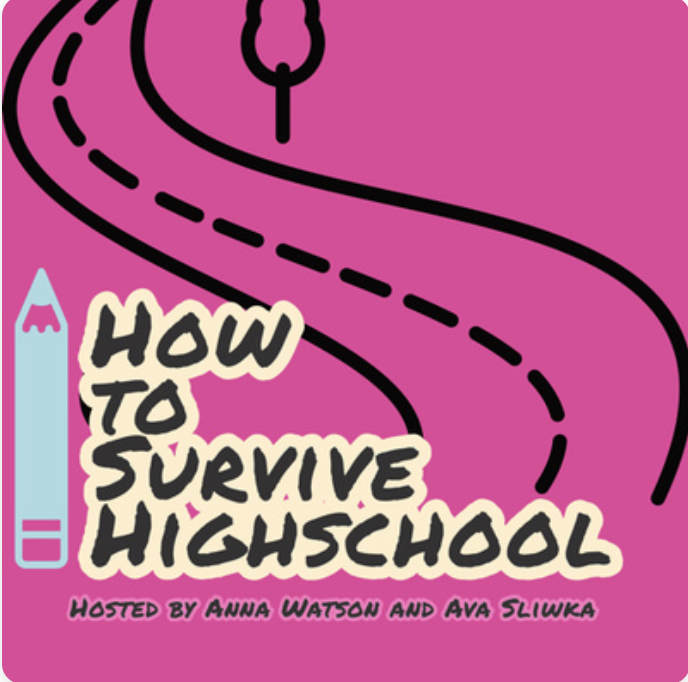All indications say that 2013 is going to be the year of the novel-based movie and we are already seeing the previews! Although this is far from a new concept, critics are preparing for a surge in such titles in the coming year.
Countless films are based in the world of literature, many of which we may not as easily associate with their original novel forms. Everyone knows that the Harry Potter franchise began as a book series by JK Rowling, but fewer realize that the Die Hard and Rambo movies are also based on books.
Upcoming titles soon to hit theaters include a wide range of genres. From the classic The Great Gatsby to more contemporary titles which follow the current trend of fantasy series like Beautiful Creatures, based on the first novel of the Caster Chronicles series, and City of Bones, based on the first novel of the Mortal Instruments series. It is not difficult to understand the film industry’s rationale in continuing to release such films, for they have brought in tremendous profits in the box office in recent years. Since the successes of The Lord of the Rings and Harry Potter movies, it dawned on producers that there was an untapped resource for their own industry and so began the Twilight Saga on screen. After the success of Twilight it was confirmed, people will pay to see the film adaptations of best-selling books. So, why stop at one? Series books already have loyal followings.
Now you may be thinking, “so many of these books are classified as Young Adult literature, doesn’t that limit their audience?” In fact, studies have shown that 55 percent of those who read the genre are actually adults. There is also no shortage of movie adaptations of the classics like Les Mis, The Great Gatsby, Pride and Prejudice, etc, for those adults less open to the newer trends in literature.
Classics do well in the box office as well. The recent hype over the release of Les Miserable and upcoming Great Gatsby are examples of this, not to mention the sheer number of times which classics have been remade. There have been five notable versions of Pride and Prejudice not including a number of TV miniseries, and the list continues of other classic canon literature which has repeatedly found its way onto the big screen. Each is proven to draw crowds to the theater and we can count on even more to come as long as the film industry reigns supreme.
I personally am an avid reader of YA literature and have had mixed experiences with film adaptations of books. An admitted Potterhead, I was satisfied with the eight Harry Potter movies despite some inconsistencies with the books. Film adaptations of popular literature require certain elements to be well received by existing loyal fans. Every detail cannot be transferred to film, especially when some fall in the 800-plus page range, but the general story cannot be lost. Harry Potter and the Order of the Phoenix exemplified a well done condensing of the novel. In the book, many conflicts arose out of Harry’s involvement in Quiddich, but in the movie there is no mention of Quiddich at all and yet the plot does not change. Such a successful adaptation has the director to thank for smoothing over such inconsistencies and keeping with the vision of the original work.
Besides the problem of length when adapting such literature to film, producers must also tread carefully when casting a movie with the excitement and interest already expressed from fans of the book. A common complaint of fans is the casting of the Protagonists. The vision of the reader changes in each case and it is impossible to match every opinion of how a character should be portrayed. Despite some inconsistencies, most readers warm up to actors and appreciate the film for the story they already love.
Another problem that has come up in the brief history of fantasy YA literature has been the discontinuation of a series on screen. When Eragon was made into a movie, the Inheritance Cycle was far from completed. When the movie was released, it combined elements of the first two novels, Eragon and Eldest, and left a somewhat open ending, not entirely in accordance with the plot of the books which was not well received by fans of the series. Since then, move makers have improved their approach to the ongoing, open endings of series books
A personal favorite series of mine is the Mortal Instruments by Cassandra Clare, of which the first of six books, City of Bones, is set to be released in theaters this coming summer. As excited as I am about seeing the story played out on screen and reaching a wider audience outside the reading community, I am also apprehensive about how the story will be represented. The series takes place in modern day New York and takes urban fantasy to a world of angels and demons, of good and evil. I was having some reservations about how demons would be portrayed, picturing Ghostbusters creatures and a low budget for special effects. Since the release of the trailer though, my fears have subsided and the film version appears to do the story justice.
We have all read the Hunger Games and it has already spawned a new film franchise and in the next years we stand to have more such movie series ongoing. Let’s think about it. We already have seen the beginning installments of The Hobbit trilogy, the Hunger Games, and the beginnings of the Caster Chronicles and Mortal Instruments are already set for release. This also doesn’t include the March release of Stephanie Meyer’s The Host, which she has planned to create a trilogy out of in the near future. That makes four, plus….
Other plans in the works for film adaptations of novels from popular book series include:
The Caster Chronicles, Kami Garcia and Margaret Stohl
The Mortal Instruments, Cassandra Clare*
The Hush Hush Saga, Becca Fitzpatrick*
Divergent, Veronica Roth*
The Forest of Hands and Teeth, Carrie Ryan
The House of Night Series, PC and Krisitin Cast
Uglies, Scott Westerfield*
Fallen, Lauren Kate
The Wolves of Mercy Falls, Maggie Stiefvater
The Gemma Doyle Trilogy, Libba Bray*
Delirium, Lauren Oliver
There is no denying how popular YA literature has become and that this popularity has had a tremendous effect on the film industry as well. There are no limits on the literature resources for those in Hollywood and this trend is here to stay.
*Denotes personal book recommendation. Also note that I have not read every book on this list but have heard great reviews of all.














Ms. Paliatka • Feb 15, 2013 at 11:21 am
Excellent article! I, too, am looking forward to some film adaptations of books, especially Baz Luhrman’s new version of The Great Gatsby. If analyzing book and film versions is appealing, consider registering for next year’s Film and Lit class. We will analyze films and the novels that inspire them in this semester course. I am also open to suggestions from anyone about great book-to-movie adaptations. Feel free to stop by K210 or email me your favorites.